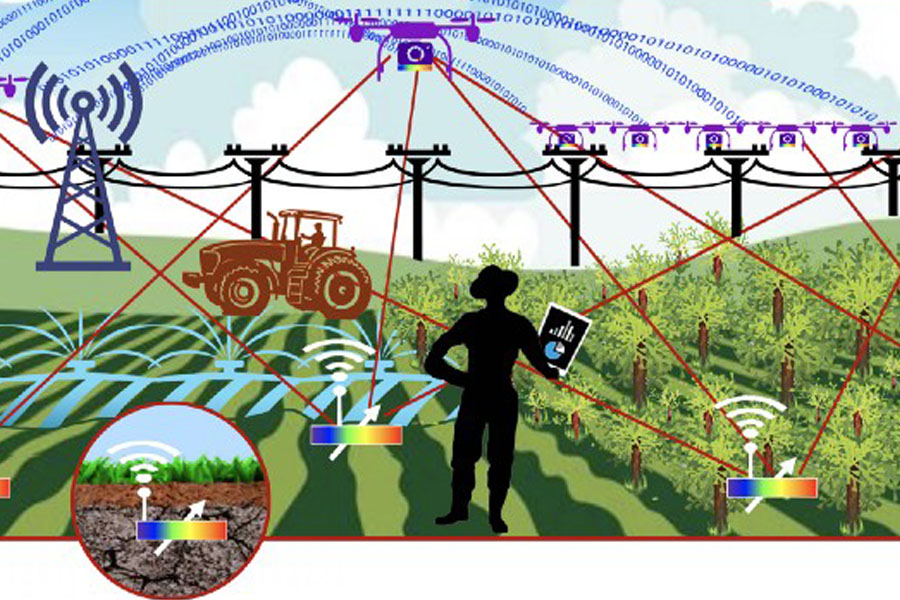ECE participating in two NSF-funded ERCS
The National Science Foundation (NSF) Engineering Research Center (ERC) program supports convergent research, education, and technology translation at U.S. universities that will lead to strong societal impacts. Purdue ECE’s involvement in NSF ERC’s continues to grow.
Purdue ECE will participate in two NSF-funded Engineering Research Centers. Engineering Research Centers (ERCs) are NSF’s flagship engineering program for convergent research to address large-scale societal challenges.

ASPIRE
Purdue ECE is part of a multi-university, public-private collaboration that focuses on developing new infrastructure that facilitates widespread adoption of electric vehicles. The NSF ERC known as ASPIRE – Advancing Sustainability through Powered Infrastructure for Roadway Electrification – seeks to create sustainable, equitable, and widespread electrification of vehicles by creating low-cost, ubiquitous, and worry-free charging. Steve Pekarek, the Dr. Edmund O. Schweitzer, III Professor of Electrical and Computer Engineering, will lead the Power Thrust area. Dionysios Aliprantis, professor of electrical and computer engineering, is also among the faculty involved in ASPIRE. The ERC was established with a five-year, $26 million NSF grant, renewable to 10 years and $50.6 million, and is expected to raise more than $200 million over the next decade in government and industry support.

IoT4Ag
Purdue ECE is also a partner in an NSF ERC created to develop advanced agricultural technologies to address food, energy and water security challenges. The ERC for the Internet of Things for Precision Agriculture (IoT4Ag) seeks to ensure food, energy, and water security with new systems to increase crop production while minimizing energy and water use and environmental impacts of agricultural practices. James Krogmeier, professor of electrical and computer engineering, is the Convergence co-lead; David Love, the Nick Trbovich Professor of Electrical and Computer Engineering, is the Communication and Energy Systems co-lead. IoT4Ag was established with a five-year, $26 million NSF grant.
